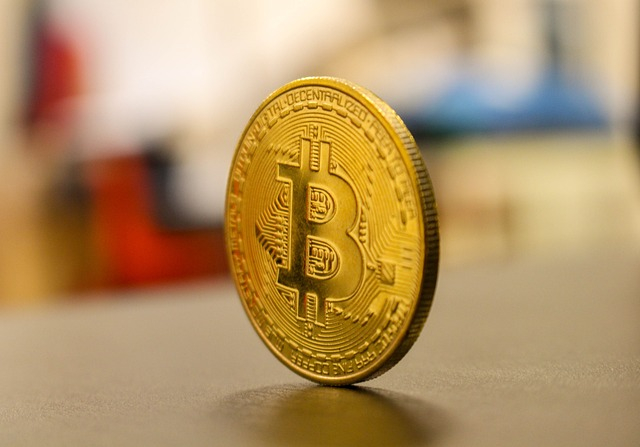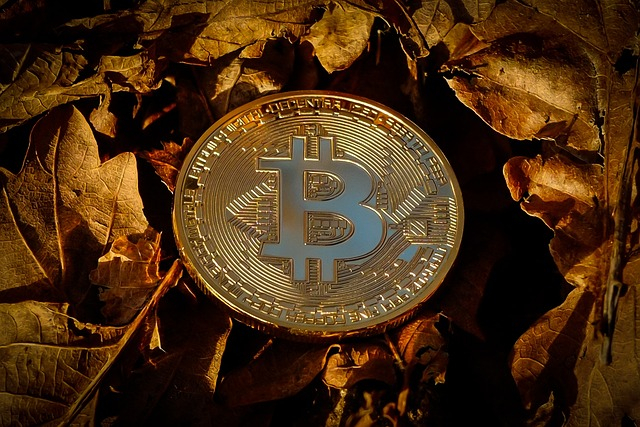Cryptocurrency wallet fees: What you need to know
 Esteemed readers, allow me to elucidate the intricate landscape of cryptocurrency wallet fees in the current digital asset milieu. As virtual currencies gain prevalence, the exigency to grasp the fee structures associated with cryptocurrency wallets becomes increasingly paramount. This comprehensive disquisition aims to demystify these fees and proffer sagacious advice for the prudent management of your digital assets. Inter alia, we shall explore the multifarious categories of wallets, expound upon their respective fee structures, and delve into the nuances of transaction fees. Armed with this perspicacious knowledge, you shall find yourself well-equipped to navigate the labyrinthine world of digital currency management. A Panoply of Wallets: Classification and Fee StructuresTo comprehend the complex relationship between cryptocurrency wallets and fees, one must first apprehend the diverse array of wallet types. Herein, we shall delineate the primary categories of digital asset receptacles, elucidating the fee structures associated with each:
Transaction Fees: Unraveling the EnigmaThe capricious nature of transaction fees often leaves digital currency aficionados befuddled. In essence, these fees constitute compensation for the computational resources expended by miners or validators who facilitate transactions on a given network. Consequently, fees fluctuate in response to network congestion and the urgency of the transaction in question. Nonetheless, perspicacious users can employ various stratagems to mitigate transaction costs. For example, leveraging the power of gas price and gas limit adjustments on the Ethereum network enables users to influence the dispatch speed and cost of their transactions. Minimizing Cryptocurrency Wallet Fees: A Symphony of Best PracticesWith a firm grasp of wallet types and transaction fees, one can now broach the subject of minimizing costs. The following best practices shall serve as a lodestar in your quest to conserve your hard-earned digital assets:
Conclusion: A Crescendo of Financial AcumenIn summation, the arcane realm of cryptocurrency wallet fees demands a meticulous approach and assiduous attention to detail. By mastering the distinctions between wallet types, discerning the intricacies of transaction fees, and adopting sage practices for cost minimization, you shall emerge as an erudite custodian of your digital assets. May this exegesis serve as your beacon, guiding you through the serpentine landscape of virtual currency management and empowering you to harness the full potential of your digital investments with minimal pecuniary sacrifice. Article and video for topic: Cryptocurrency wallet fees: What you need to know. Author: Jonathan Burroughs |





